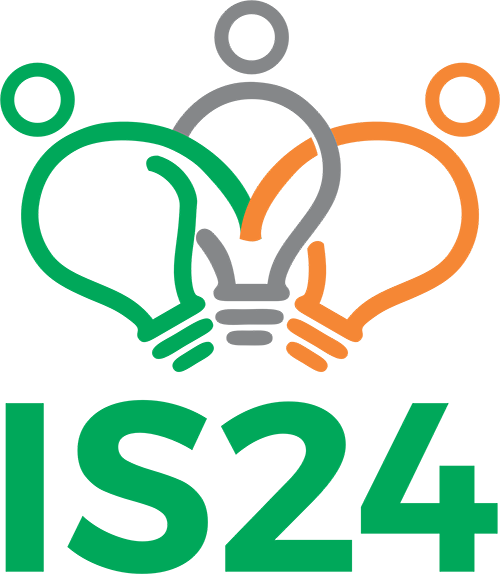In Nigeria’s fast-paced market — and globally — you often hear people call themselves either entrepreneurs or business owners. At first glance, these terms sound alike, but in practice, they often reflect different mindsets, ambitions, and approaches to business.
Let’s explore what truly sets them apart, with real-life examples you can recognize.
1️⃣ Business Owners: Focused on stability and daily operations
A business owner typically builds or runs a business with the goal of earning a steady income, providing for their family, or maintaining a lifestyle. Their approach is often about running proven models and keeping operations going smoothly.
Example (Nigeria):
- Mama Put Restaurant: Many small food businesses in places like Ikeja or Port Harcourt focus on consistent quality and regular customers. They rarely aim to franchise or scale massively; their goal is to run a profitable, dependable business.
- POS (mobile money) operators: Across Nigeria, countless people set up small POS kiosks. Most do not build an app or platform; they operate to earn daily cash flow.
Example (International):
- A neighborhood dry cleaner in London or a small bakery in Paris usually focuses on local service, with no plan to open dozens of branches.
These business owners are incredibly important — they keep the economy running by serving local needs.
2️⃣ Entrepreneurs: Focused on innovation, scale, and solving bigger problems
An entrepreneur often starts with a vision to solve a large problem, build something new, or transform an industry. Their mindset is about growth, risk-taking, and sometimes disrupting the status quo.
Example (Nigeria):
- Paystack: Founded by Shola Akinlade and Ezra Olubi, Paystack wasn’t just a payment business; it was built to change how online payments work across Africa. That vision helped them get acquired by Stripe in a landmark deal.
- Farmcrowdy: Started to help smallholder farmers access finance and a broader market using technology.
Example (International):
- Elon Musk: Started Tesla not just to sell cars, but to push the world toward sustainable energy.
- Airbnb: Began by solving the problem of expensive hotel stays, and built a global marketplace.
These entrepreneurs often work with investors, scale teams rapidly, and target national or global markets.
3️⃣ Key differences at a glance:
| Business Owner | Entrepreneur | |
| Goal | Stability & steady income | Growth, innovation & impact |
| Risk | Generally risk-averse | Often risk-takers |
| Scale | Focus on one or few locations | Aim to scale locally or globally |
| Model | Proven, traditional models | New or disruptive ideas |
| Example (NG) | Mama Uduak’s local eatery | Flutterwave, Andela |
4️⃣ Why both are important
Some people think entrepreneurship is “better,” but both roles matter.
- Business owners build community, create jobs, and keep services close to where people live.
- Entrepreneurs create new markets, solve structural problems, and attract foreign investment.
In fact, Nigeria needs both: steady local businesses and visionary founders building for the future.
5️⃣ The blend: Owner turned entrepreneur
Sometimes, the line blurs.
- A small bakery starts with one shop. Later, the owner creates a brand, opens 10 branches, or launches packaged products sold in supermarkets.
At that point, they start thinking like an entrepreneur — scaling beyond the original shop.
✅ Conclusion: Know who you are — and where you’re going
Whether you call yourself a business owner or an entrepreneur, what matters is clarity:
- Are you content running one business and serving your community?
- Or do you want to innovate, scale, and transform an industry?
There’s no wrong answer — but knowing the difference helps you plan your next step.




0 Comments